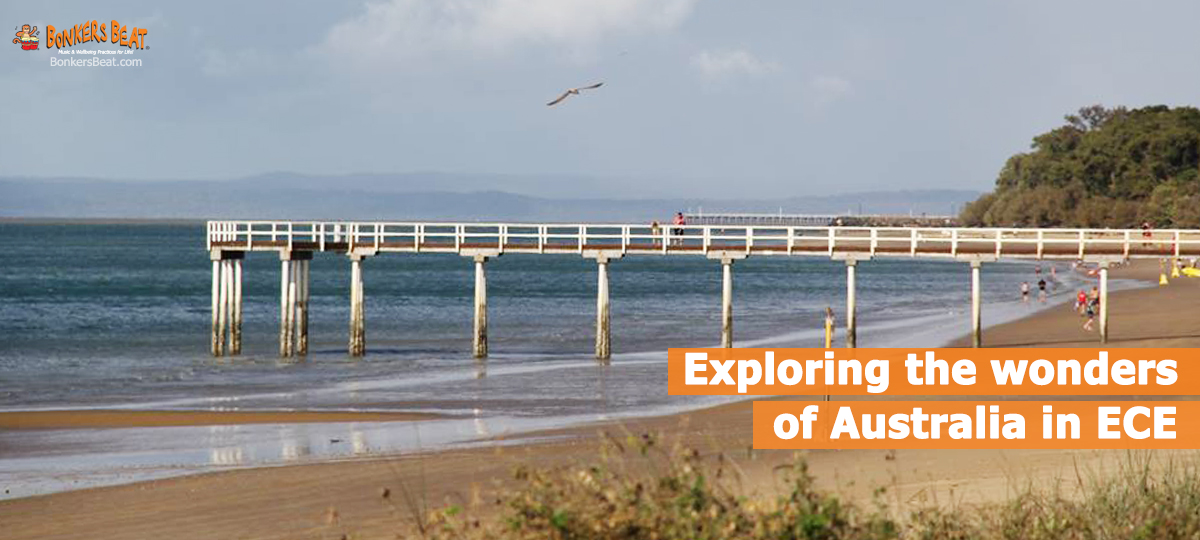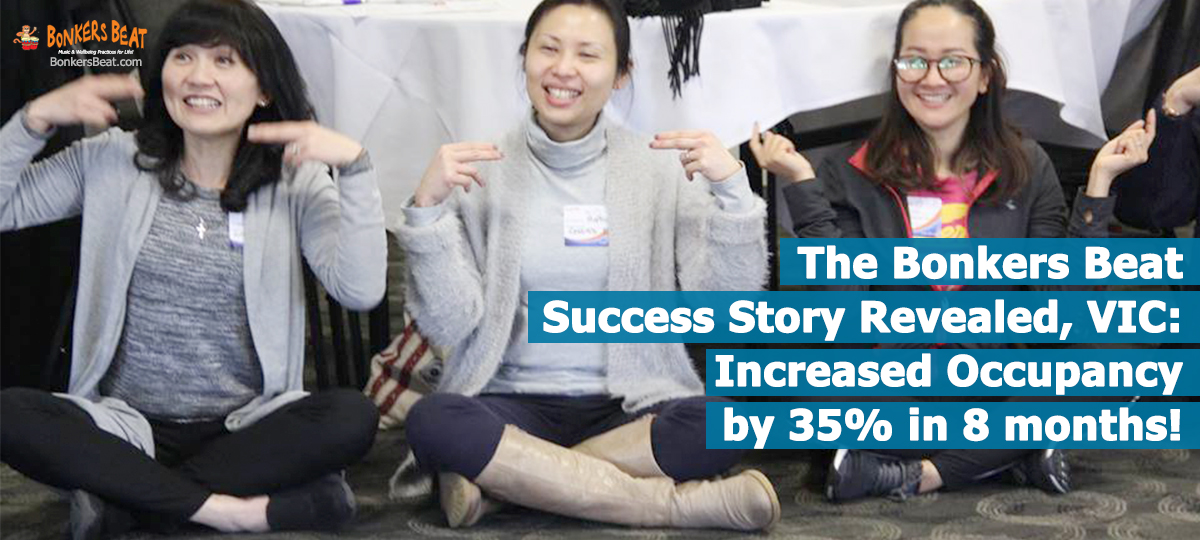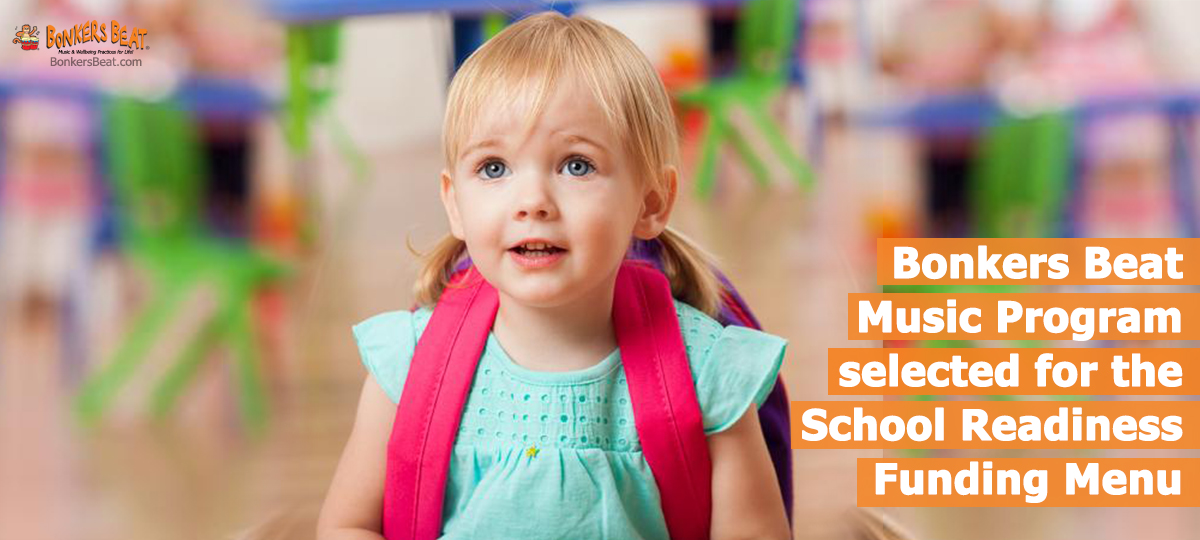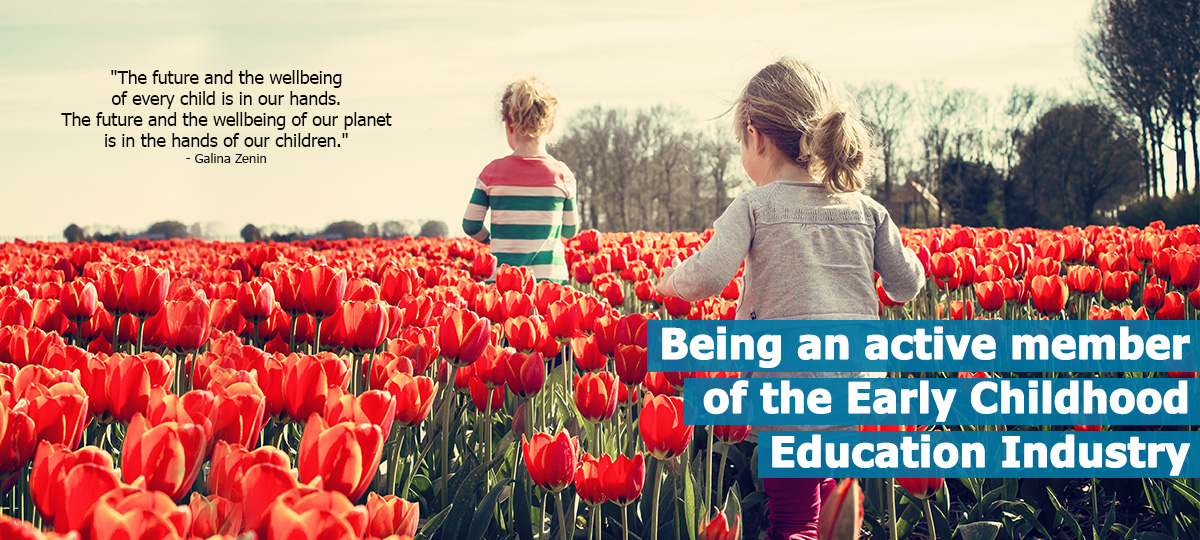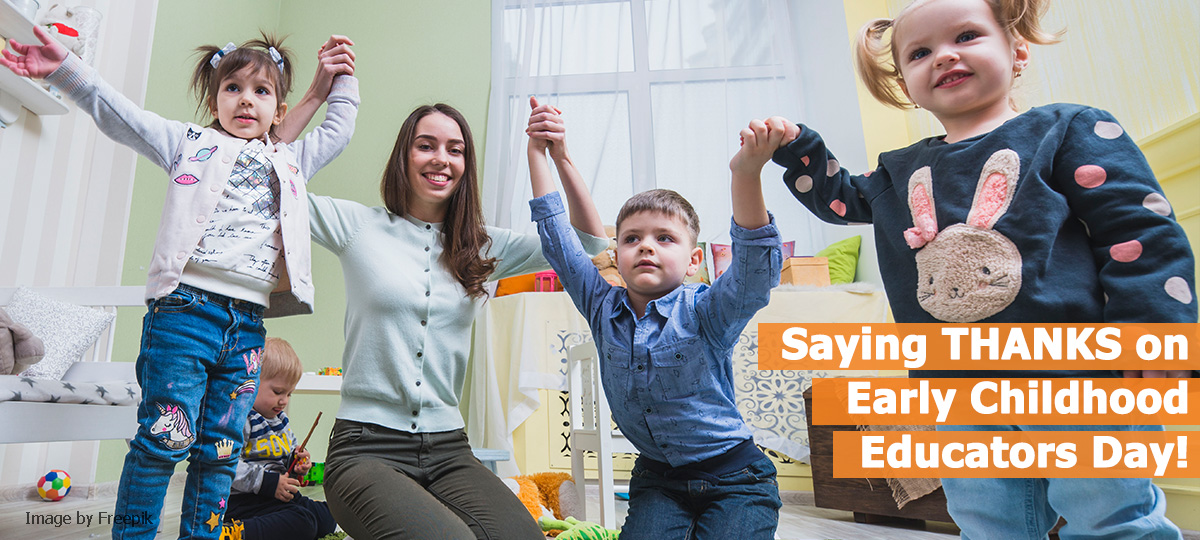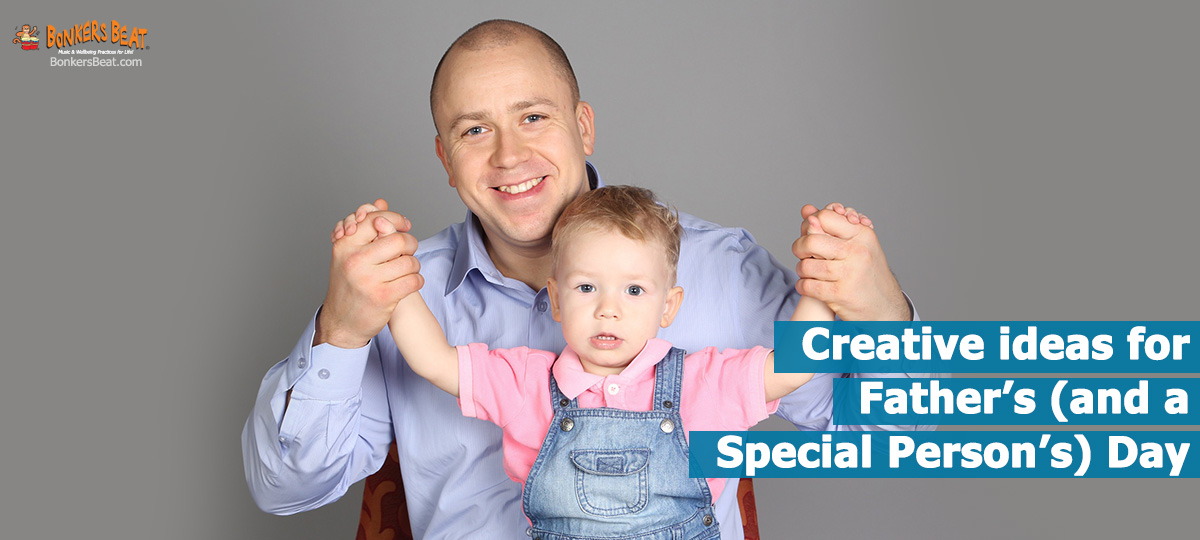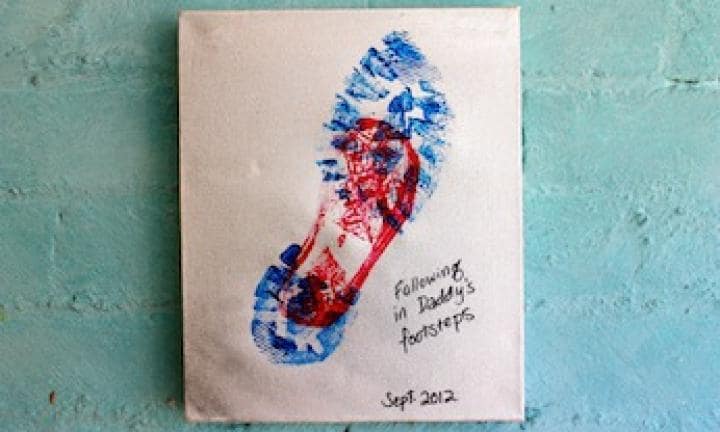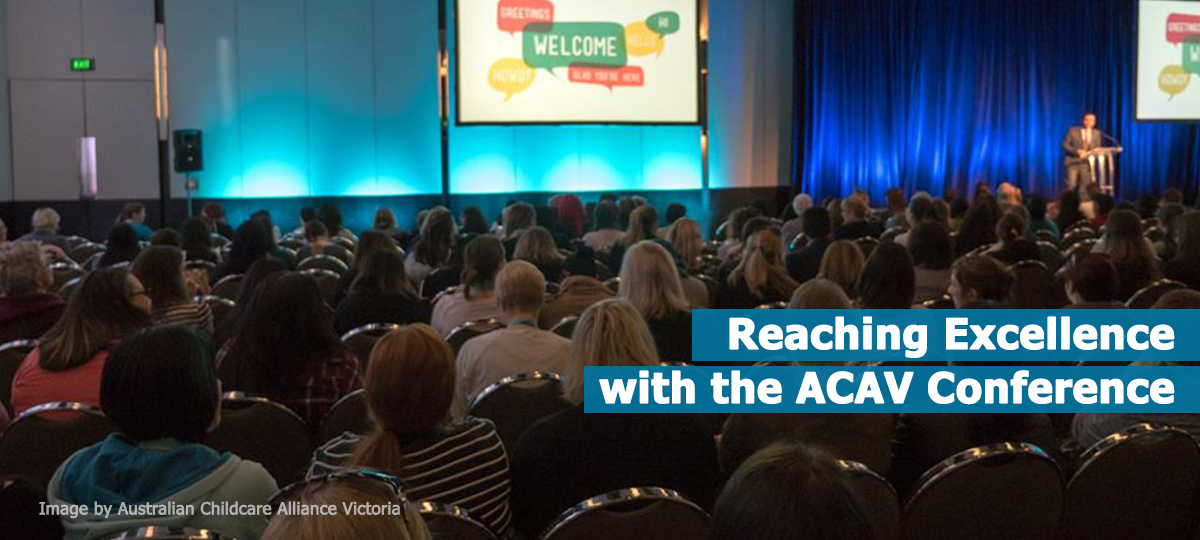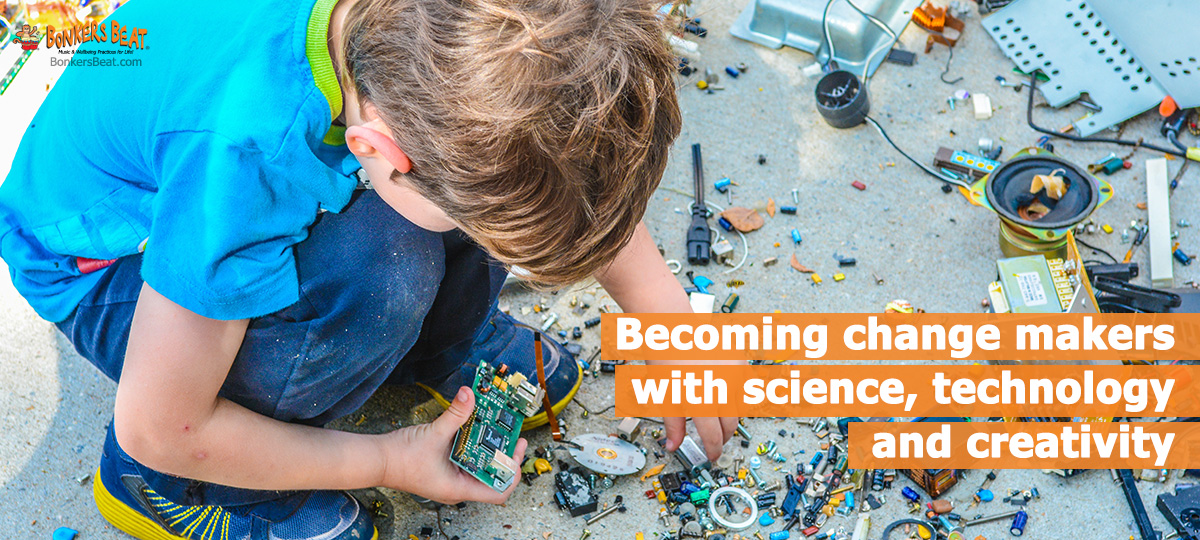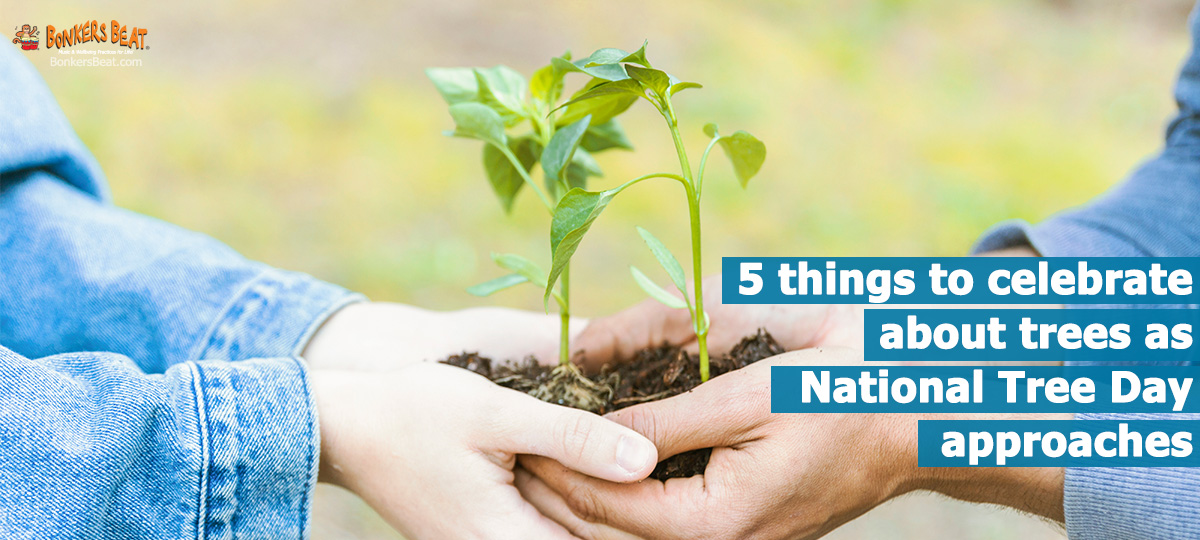One of the many amazing things we get to do with the Bonkers Beat programs is travel to visit centres and attend early childhood education events all over Australia. This is a privilege and an honour, and continually reminds us of the importance of embedding a strong sense of connection to this beautiful country we all share.
Just recently Bonkers visited Hervey Bay and Toowoomba in Queensland, and shortly he is headed to Perth for the upcoming ‘7 Stones’ workshop for Owners and Directors on 11 October (reserve your spot here)!
In this week’s blog, we’re going to explore a few ways of how you can incorporate an ongoing exploration of Australia into your curriculum.
Getting close to the local land
We’ve written about our love of Bush Kinder and even had its founder, Doug Fargher as a speaker at one of our Wellness Summits in 2017. Heading outdoors with children is a simple activity that is free and full of benefits. Explore the wonders of the local area’s parks or reserves and find plenty of Australiana to talk about, such as birds, plants, flowers and more. Don’t forget to share with children what you can learn about the traditional landowners and the indigenous name of the land too.
Share adventures
In many centres, we have children travelling with their families, and we always encourage them to share their stories! Is a child in your centre headed on a family holiday to the Gold Coast, Darwin, Sydney – anywhere? Ask them to bring photos or postcards from their trip when they return to allow all children to expand their knowledge about Australia. Some families may even be willing to share photos and adventures as they go via the centre’s private Facebook group so you can keep tabs on the trip with the other children!
Map it out
This one can work well with the previous suggestion as well as be incorporated into many discussions. Keep a big, prominent map of Australia up on the wall and throughout each term or the whole year you can add notes to it. Refer to the map frequently. If a child or educator is on a holiday, make a note on the map! If you’re reading a book that makes reference to a certain region of the country, find it on the map. Children can learn orientation skills and begin to grasp the whereabouts of each state and city of Australia through this map familiarisation – a wonderful skill!
Follow Bonkers’ adventures!
If you’re ever looking for an Australian journey (or international!) to share with children, Bonkers has had plenty of them. Visit our albums on Facebook and show children Bonkers’ journeys in various locations! His passion for exploring Australia is very inspiring!
While you’re on Facebook, we’d love for you to tag us in any Australian activities you get up to and we love to see new ideas too!
As mentioned earlier, Bonkers, Galina and the Bonkers Beat team are off to Perth for the widely celebrated ‘7 Stones’ free hands-on workshop – join us! Tickets are FREE for Owners and Directors and a limited number are available to claim at www.bonkersbeat.com/7stones
Following Perth, the ‘7 Stones’ workshop is headed to Melbourne (19 October), Gold Coast (7 November) and Sydney (6 December). Jump online to secure your spot!

